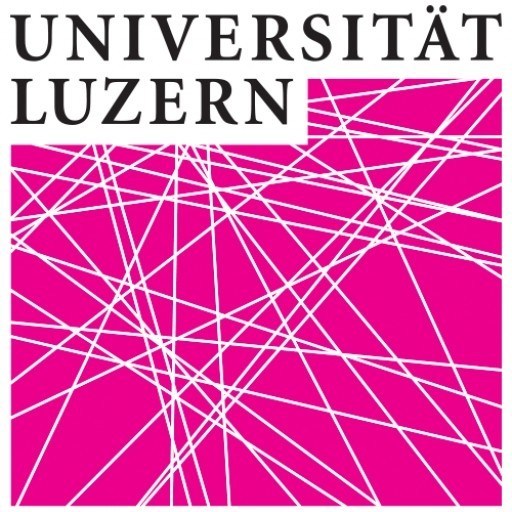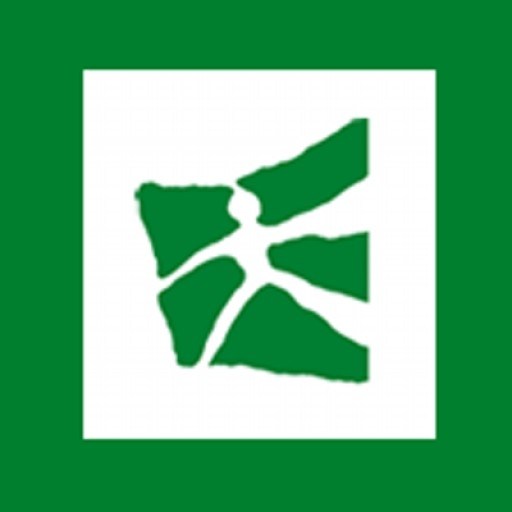Photos of university / #unigeneve
Advertisement
This Masters programme is interdisciplinary: while history and cultural studies are the dominant foci, other disciplines such as economics and political science are also mobilised in various ways within the curriculum. The interactions and connections between Russia and East Central Europe and other cultural contexts are also explored.
To complete their degree, students may opt for a work placement or a dissertation. The work placement aims to prepare students for professional activity and requires that students write a final report about the experience gained, while the dissertation prepares students for academic research.
Career opportunities
With the knowledge and skills acquired in the Masters programme, graduates find employment in a wide range of areas. Students often go on to work in public policy planning and implementation at the regional, national or European levels, or for cultural foundations. Many opportunities can also be found in the international sector, particularly in Geneva, in European institutions, international organisations, NGOs or multinational companies. This programme also prepares graduates for further studies in journalism.
Required courses from the core curriculum, 18 credits
History of Ukraine (19th to 21st centuries)
History of the USSR (1939-1991)
History of Central and Eastern Europe (1929-1989)
Two electives, 12 credits
Specialised courses, 30 credits
Work placement or dissertation, 30 credits


